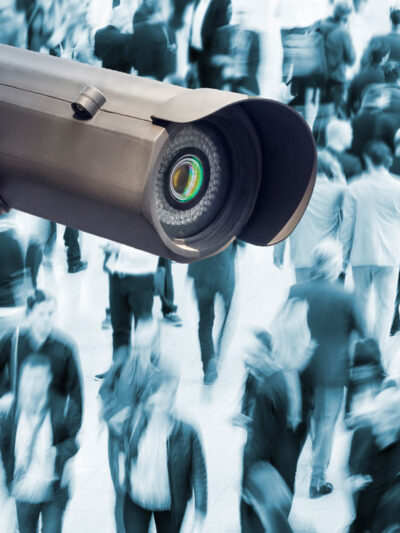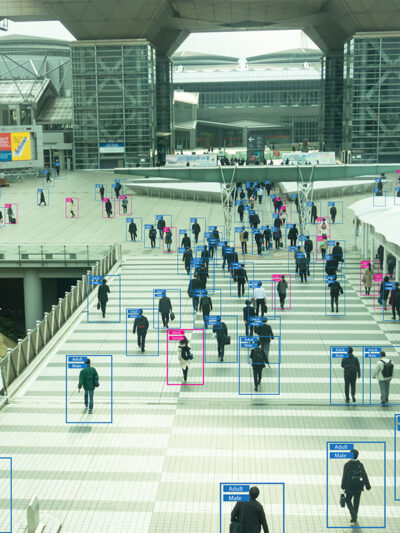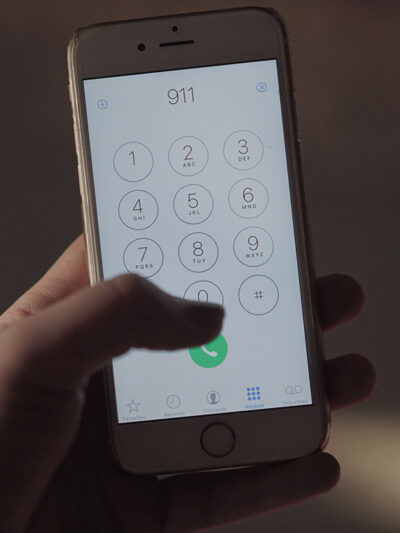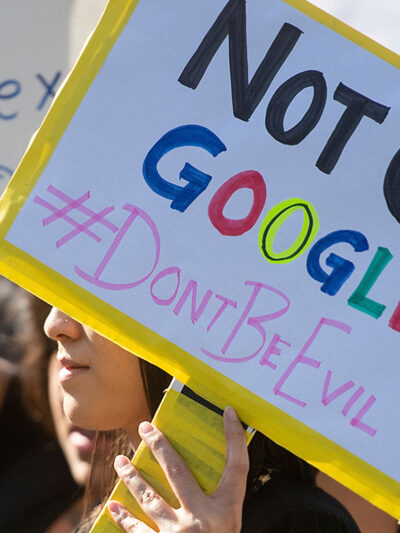News & Commentary
The Supreme Court’s Most Consequential Ruling for Privacy in the Digital Age, One Year In
Lower courts should make clear, as the Supreme Court does, that we don’t forfeit our Fourth Amendment rights by operating a laptop, car, or cellphone.

An Army of Robot Surveillance Guards Is Coming
Policymakers need to confront the reality that millions of AI watchers could soon watch over each of us, constantly judging and shaping our behavior.

The FBI Has Access to Over 640 Million Photos of Us Through Its Facial Recognition Database
The fact that face recognition technology, which can be readily abused, has been deployed by federal agencies largely in secret should give us all pause. The technology gives government agencies the unprecedented power to track who we are, where we go, and who we know.

The Hypocrisy of William Barr's Spying Claims
Just as the government shouldn’t be monitoring the reading habits of ordinary library patrons, it shouldn’t be monitoring what Wikimedia’s users are privately reading online.

New York Passes a Bill to Ensure No One Loses Their Home for Calling the Police
We are calling on the U.S. Senate to address this issue by supporting the housing protections in the Violence Against Women Reauthorization Act of 2019, which passed the House in April. These protections would help secure people's housing and livelihoods.

The Mueller Report Isn’t The Only Thing That William Barr Is Hiding
Given the risk of abuse of the state secrets privilege, and given the harsh consequences for plaintiffs, it’s essential that courts closely and skeptically scrutinize any claim of it.

There’s a Battle Brewing at Google Over Employee Speech. The Outcome Affects Us All.
A Google employee faced retaliation from the company for her efforts to make it more accountable, equitable, and democratic. Such action isn't just a threat to the individual livelihoods of those workers — it’s a threat to us all.

Social Media Blackouts Are an Authoritarian Power Move
The Communications Act of 1934 allows the president to shut down or take control of “any facility or station for wire communication” upon his proclamation “that there exists a state or threat of war involving the United States.” We hope that no president would ever exercise such a power.

Stay Informed
Sign up to be the first to hear about how to take action.
By completing this form, I agree to receive occasional emails per the terms of the ACLU’s privacy statement.
By completing this form, I agree to receive occasional emails per the terms of the ACLU’s privacy statement.

